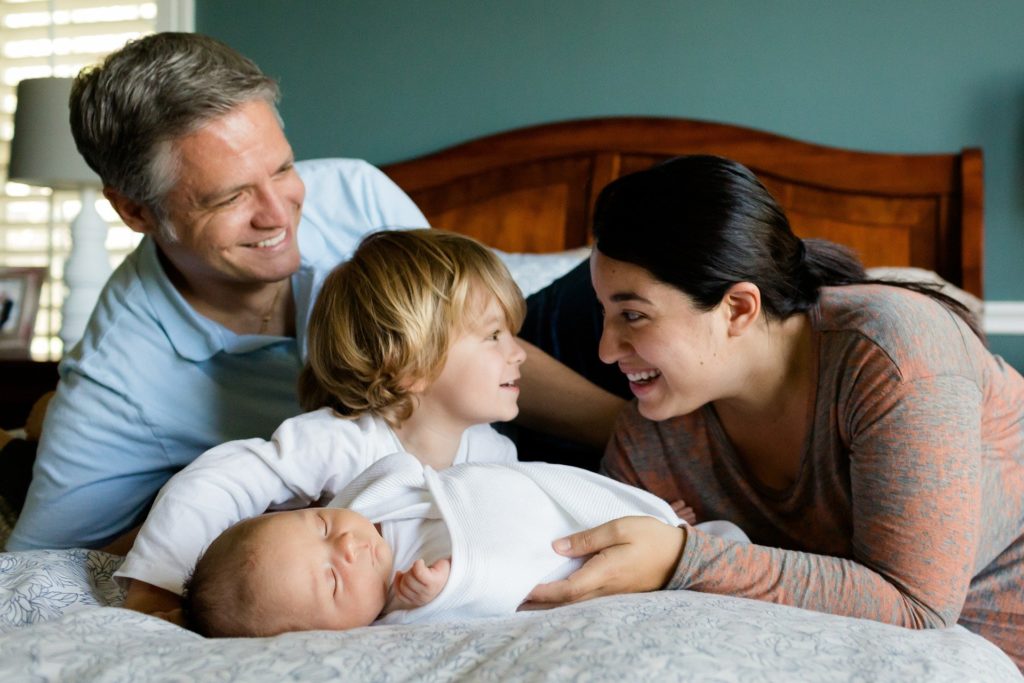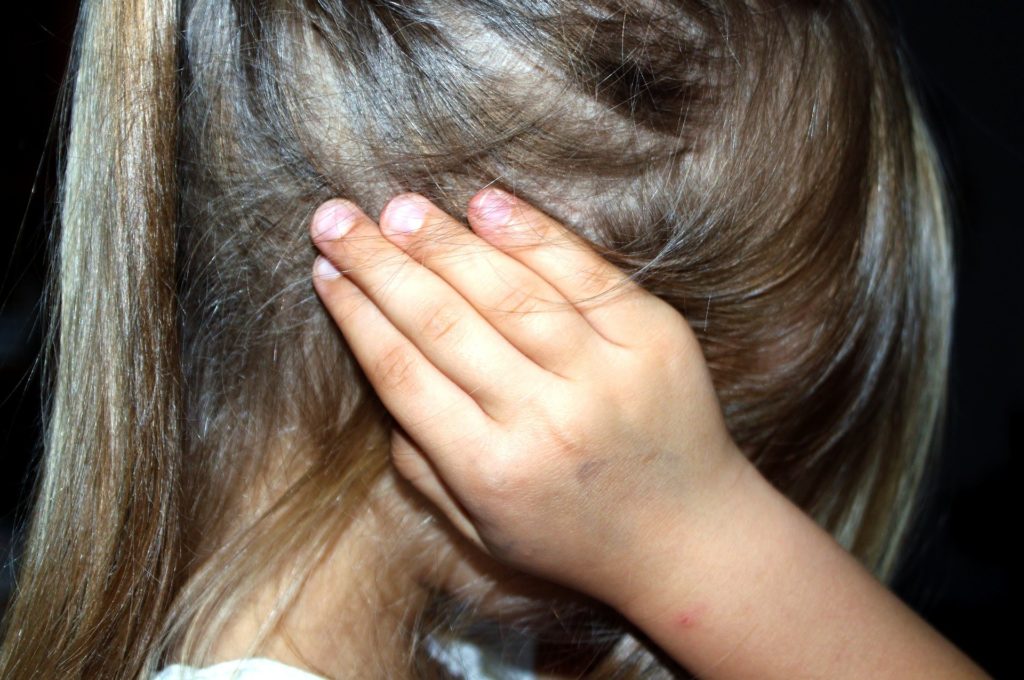With so many events happening at once, kids from all over the world are witnessing major events. These events may be confusing and scary for your kids. Most adults are having a hard time wrapping their minds around our current events, so it’s no wonder we need to help each other discuss things at a kid level to help ease anxiety within our kids.
Today we’re sharing some tips to help you discuss current events with kids. These tips will help you keep your kids in the loop with current events, without stressing their little minds out.
Ask Questions
The first step towards talking about current events with kids is to learn what they already know. Ask your kids what they know and think about current events. See if they have any questions or concerns. It’s best that you let the kids lead the topic so that you’re not bringing up news topics that they haven’t heard about yet.
Follow Your Kid’s Lead
If your kids don’t seem interested in the conversation then don’t proceed. It’s best to pay attention to the subtle cues of your kids as you try to discuss current events. If your kids start to avoid eye contact, fiddle with their fingers, or look distracted while you’re chatting, then stop talking. Move onto another topic, and go with the flow to make sure your kids are curious enough to learn about current events.
Be Truthful
While discussing current events remain truthful. Try not to elaborate while you stick only to kid-friendly truth on current events. You’ll know best what level of truth each kid can handle. Remain on topic and don’t share more details that could inflict more stress or anxiety on your kids. During this time, it’s best to answer questions and stick to the simple answers.
Look Beyond the News
Encourage your older kids to look beyond the news. Ask them questions such as “what part of the news story caused you to feel anxious or stressed?” Help your older kids evaluate their feelings and move forward in a positive direction. Older kids will need you to listen more than speak during this talk about current events.
Educate on Preparedness
Lastly, it’s best to work with your kids on the topic of being prepared versus panicked about current events. This will give your kids much-needed skills to cope with stressful news events in the future. Talk about how you prepare for the worst-case scenario and don’t panic with emotional responses whenever the news covers something extreme. Help your kids work through this process to be more prepared than panicked during times of high-stress.
When it comes to discussing any stressful or anxious situations with kids, it’s difficult for parents to assess the situation and determine what their kids should know. Now is the time to think about what you think your kids should know and what they can go without knowing as a means to live a healthy childhood.










Add Comment